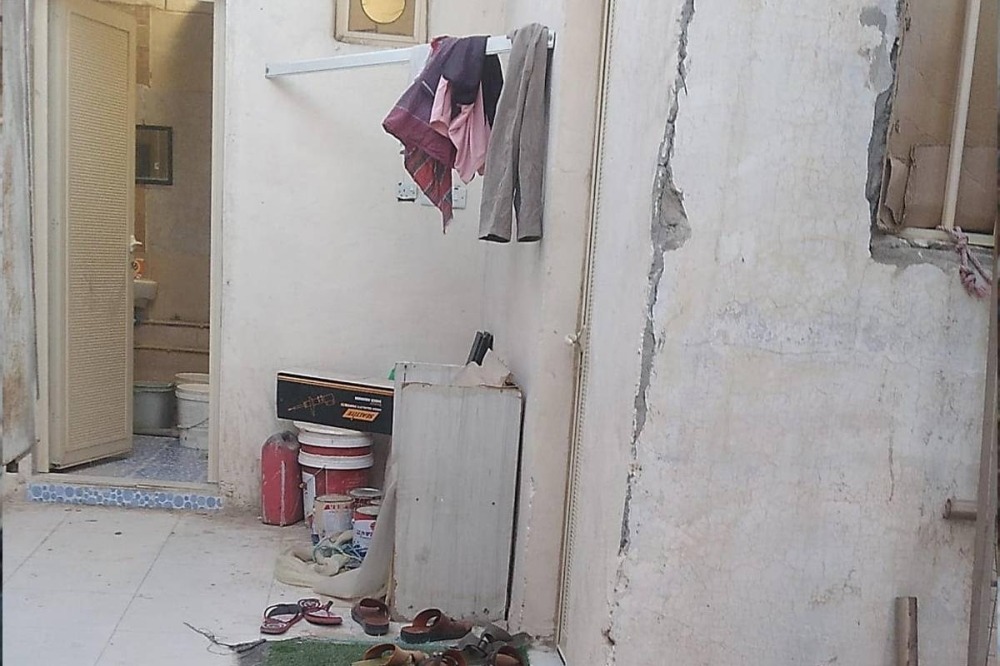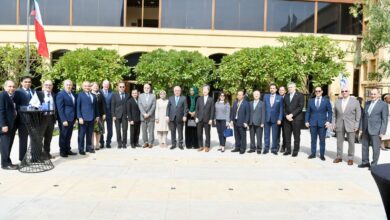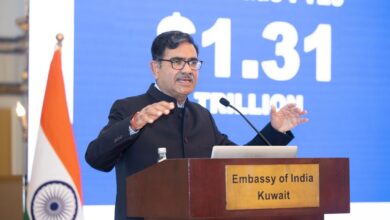Substandard housing exposes plight of migrant workers
The tragic fire in Mangaf highlighted the dire living conditions of migrant workers in Kuwait.

• Government inspections revealed numerous safety and health violations in worker housing.
• Quick fixes and power cuts are not effective long-term solutions to illegal housing issues. There is a need for comprehensive regulations and investment in worker cities to address the housing crisis.
A recent fire in Mangaf, Kuwait, resulted in a devastating loss of life and injuries among migrant workers. This tragedy exposed serious shortcomings in the living conditions faced by many migrant laborers in the country.
The Kuwaiti government has responded with a series of comprehensive inspections targeting buildings and housing units that fail to meet basic safety standards.
Field survey of labor housing
Field surveys conducted by Al-Jarida in areas with high migrant worker populations, including Fahaheel, Mangaf, and Jleeb Al-Shuyoukh, revealed a disturbing reality.
Many buildings and even horse stables within these areas exhibited severe neglect in terms of safety and hygiene.
The presence of overflowing sewage, discarded garbage, remnants of shisha smoking, and stray animals within the housing premises painted a concerning picture of substandard living conditions.
Ineffectiveness of quick fixes
The high density of laborers residing in these locations, compounded by the presence of barbed wire barriers implemented during the COVID-19 pandemic, suggests that a purely enforcement-based approach may be insufficient.
Simply resorting to measures like cutting electricity or amending municipal laws without offering alternative, safe housing solutions could create further problems by displacing workers without providing them with adequate shelter.
The root cause of this issue appears to lie in Kuwait’s current housing regulations. The sole existing law, No. 125 of 1992, focuses solely on non-family housing within residential areas.
There appears to be a critical lack of clear regulations governing worker accommodations in commercial and investment zones. These regulations would ideally address critical aspects such as gender separation, occupancy limits, and proper management practices for such housing facilities.
Regulating worker housing
There is a pressing need for a single regulatory body to oversee economic activities and diversify income sources. This body would integrate various public sector entities, such as the National Fund for Small and Medium Enterprise Development, the Direct Investment Promotion Authority, the Public Authority for Industry, and the Public-Private Partnership Authority.
Such consolidation would streamline policies and strategies. This would ensure a unified vision for economic development and address labor market needs more effectively.
Current practices for temporary and permanent housing solutions within industrial establishments need regulation. This would enhance worker productivity and facilitate oversight by relevant authorities.
Successful initiatives during the COVID-19 pandemic, such as allocating 10% of spaces to reduce virus spread among workers, demonstrate the potential benefits of well-regulated housing.
A study on Kuwaiti housing estimates there are around 13,000 residential buildings, with a staggering 71% of non-Kuwaitis living in investment areas. This highlights the need for better solutions.
In contrast, Abu Dhabi has successfully developed 30 worker cities, housing up to 450,000 workers with a future capacity of 500,000. They achieved this by investing 12 billion dirhams in these projects. These long-term leases ensure stable returns and support sustainable development.
Stalled worker city projects
Kuwait’s worker city projects, on the other hand, remain stalled without clear reasons. This is despite the government’s efforts to diversify non-oil income and position the country as a financial and commercial hub.
Implementing similar long-term rental agreements for worker housing in Kuwait could be a game-changer. This approach could ensure stable revenue and sustained development across various sectors.












